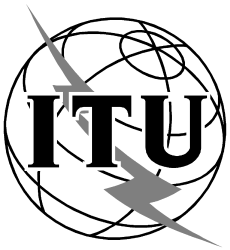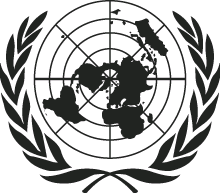In the following excerpts of the commitment all governments in the world have given – highlighted where a direct link to the KUKU concept can be established.
[The full document can be read here: Tunis Commitment 2005]
“With some 120 tribes, Tanzania has one of the greatest ranges of ethnic and religious diversity in the world. Whether because or despite this diversity, the country manifests a tradition of strong ethnic and religious tolerance.“
– EuropeAid: Country Strategy Paper for Tanzania (2008-2013)
The KUKU IT-toolkit can be localised into other languages without great efforts or cost; thereby enabling even indigenous peoples to utilise PCs in all common ways while at the same time facilitating the “preservation of their heritage and their cultural legacy”.
This special characteristic definitely qualifies the KUKU technology framework as a matter of certain importance in order to put the WSIS 2005 Commitment into action.
[Read about more unique features of Uhuru OS]
 |
 |
 |
Document WSIS-05/TUNIS/DOC/7 -E
18 November 2005
Original: English
TUNIS COMMITMENT
1. We, the representatives of the peoples of the world, have gathered in Tunis from 16‑18 November 2005 for this second phase of the World Summit on the Information Society (WSIS) …
2. We reaffirm our desire and commitment to build a people-centred, inclusive and development-oriented Information Society …
3. We reaffirm the universality, indivisibility, interdependence and interrelation of all human rights and fundamental freedoms, including the right to development …
10. We recognize that access to information and sharing and creation of knowledge contributes significantly to strengthening economic, social and cultural development, thus helping all countries to reach the internationally agreed development goals and objectives, including the Millennium Development Goals.
14. We also recognize that in addition to building ICT infrastructure, there should be adequate emphasis on developing human capacity and creating ICT applications and digital content in local language, where appropriate, so as to ensure a comprehensive approach to building a global Information Society.
21. To that end, we shall pay special attention to the particular needs of people of developing countries, countries with economies in transition, Least Developed Countries, Small Island Developing States, Landlocked Developing Countries, Highly Indebted Poor Countries, countries and territories under occupation, and countries recovering from conflict or natural disasters.
22. In the evolution of the Information Society, particular attention must be given to the special situation of indigenous peoples, as well as to the preservation of their heritage and their cultural legacy.
28. We reaffirm our desire to build ICT networks and develop applications, in partnership with the private sector, based on open or interoperable standards that are affordable and accessible to all, available anywhere and anytime, to anyone and on any device, leading to a ubiquitous network.
29. […] we reiterate the need to encourage and foster collaborative development, interoperative platforms and free and open-source software, in ways that reflect the possibilities of different software models, notably for education, science and digital inclusion programmes.
32. We further commit ourselves to promote the inclusion of all peoples in the Information Society through the development and use of local and/or indigenous languages in ICTs. We will continue our efforts to protect and promote cultural diversity, as well as cultural identities, within the Information Society.
35. We recognize the central role of public policy in setting the framework in which resource mobilization can take place.
_________
4 thoughts on “WSIS 2005 Commitment”